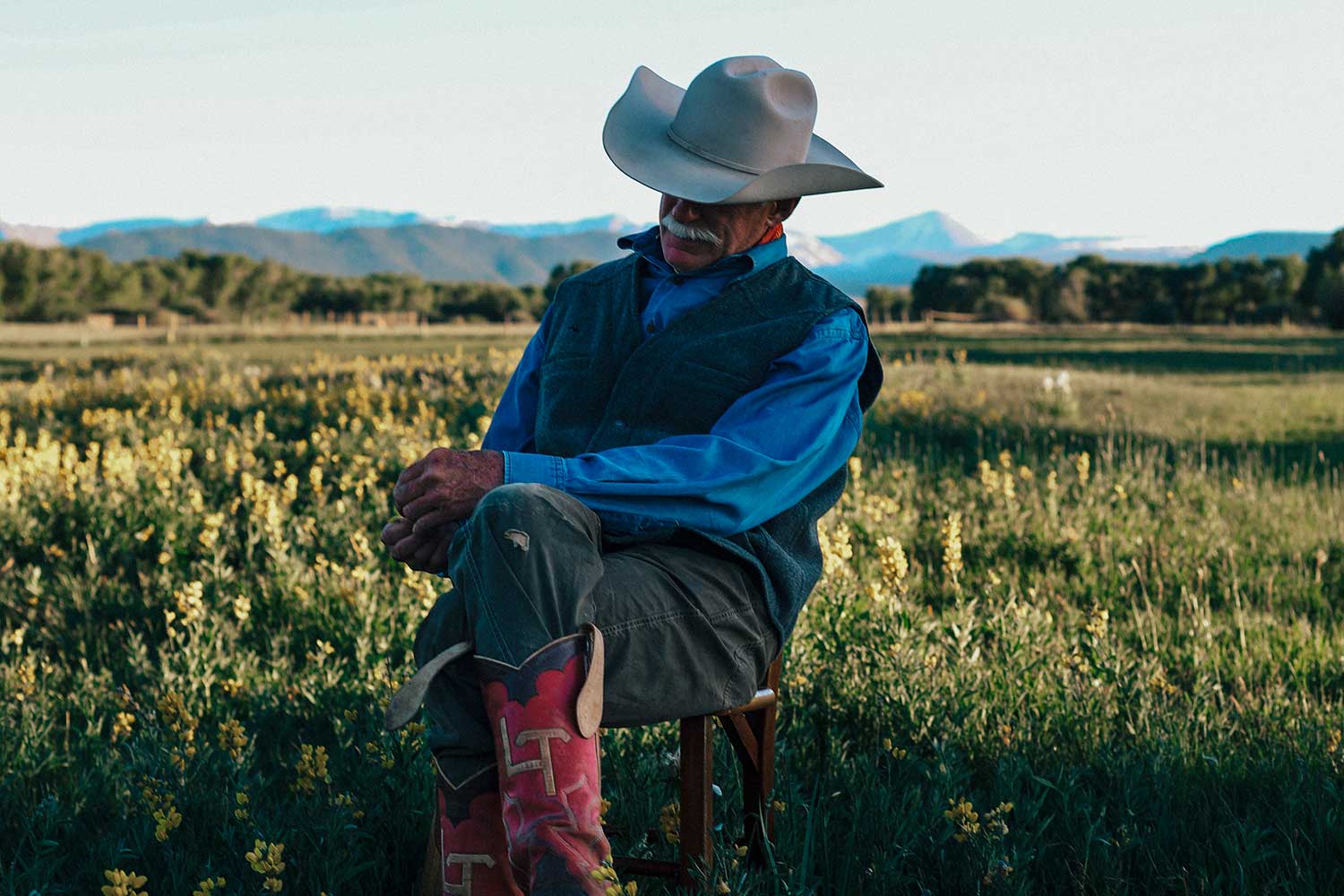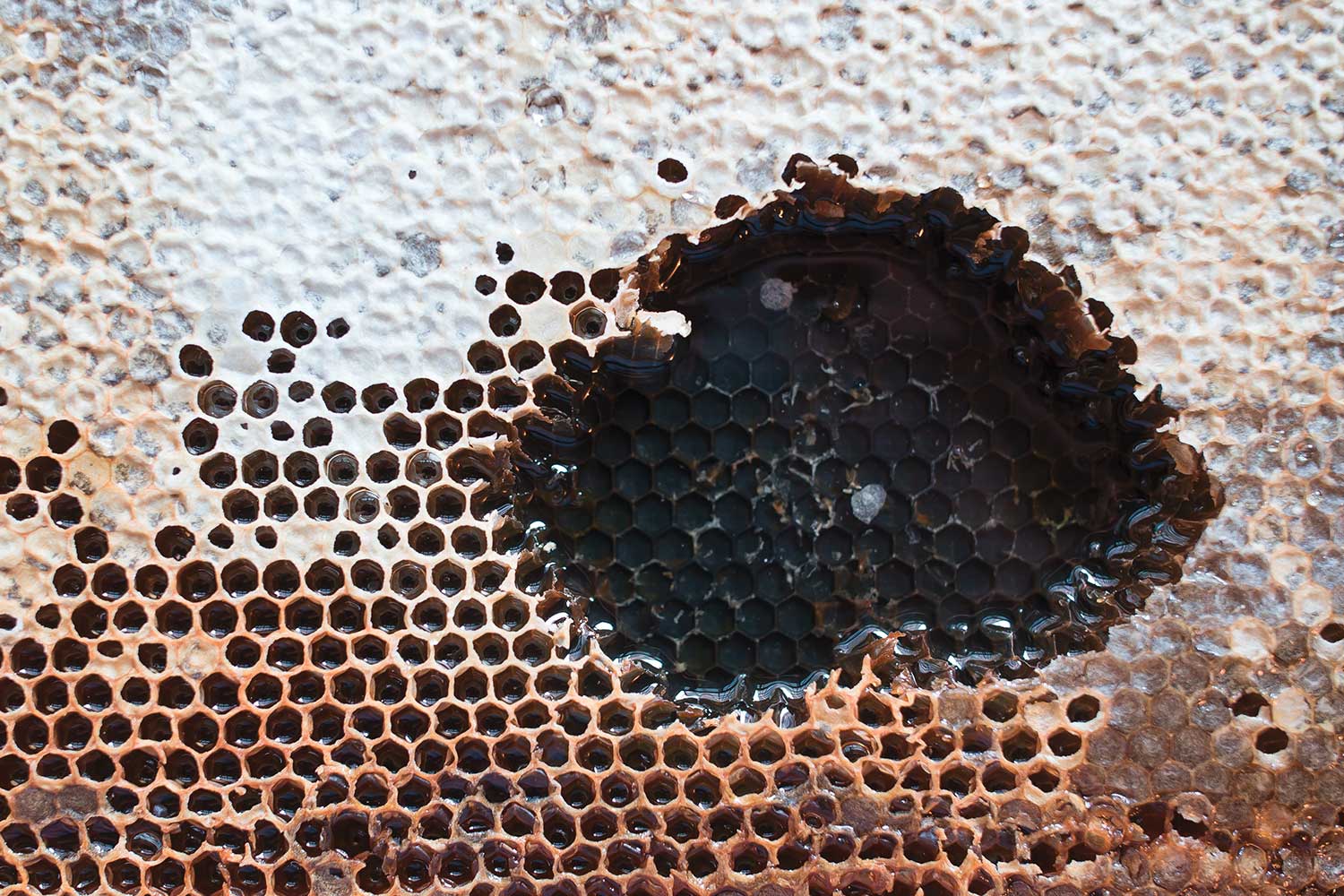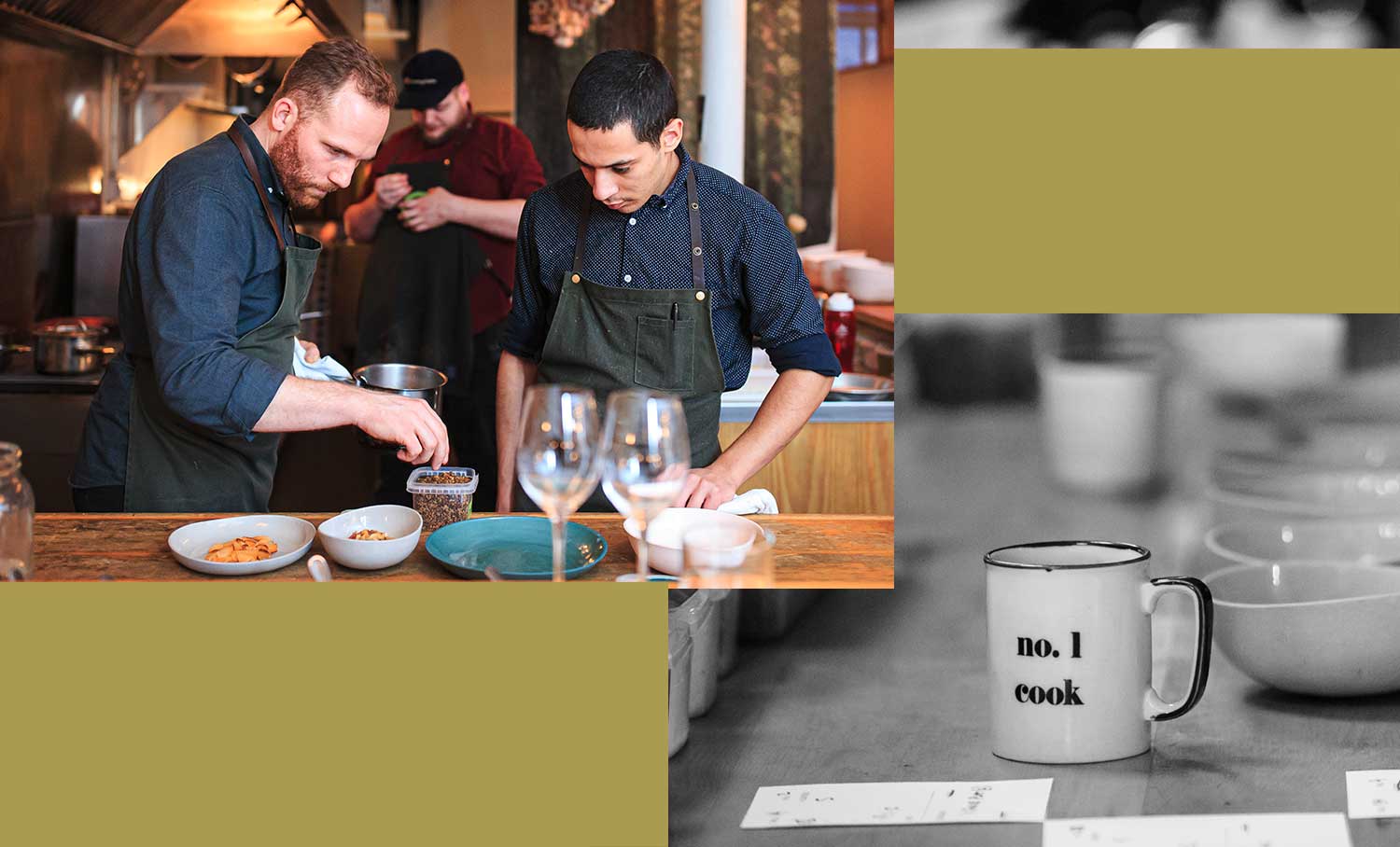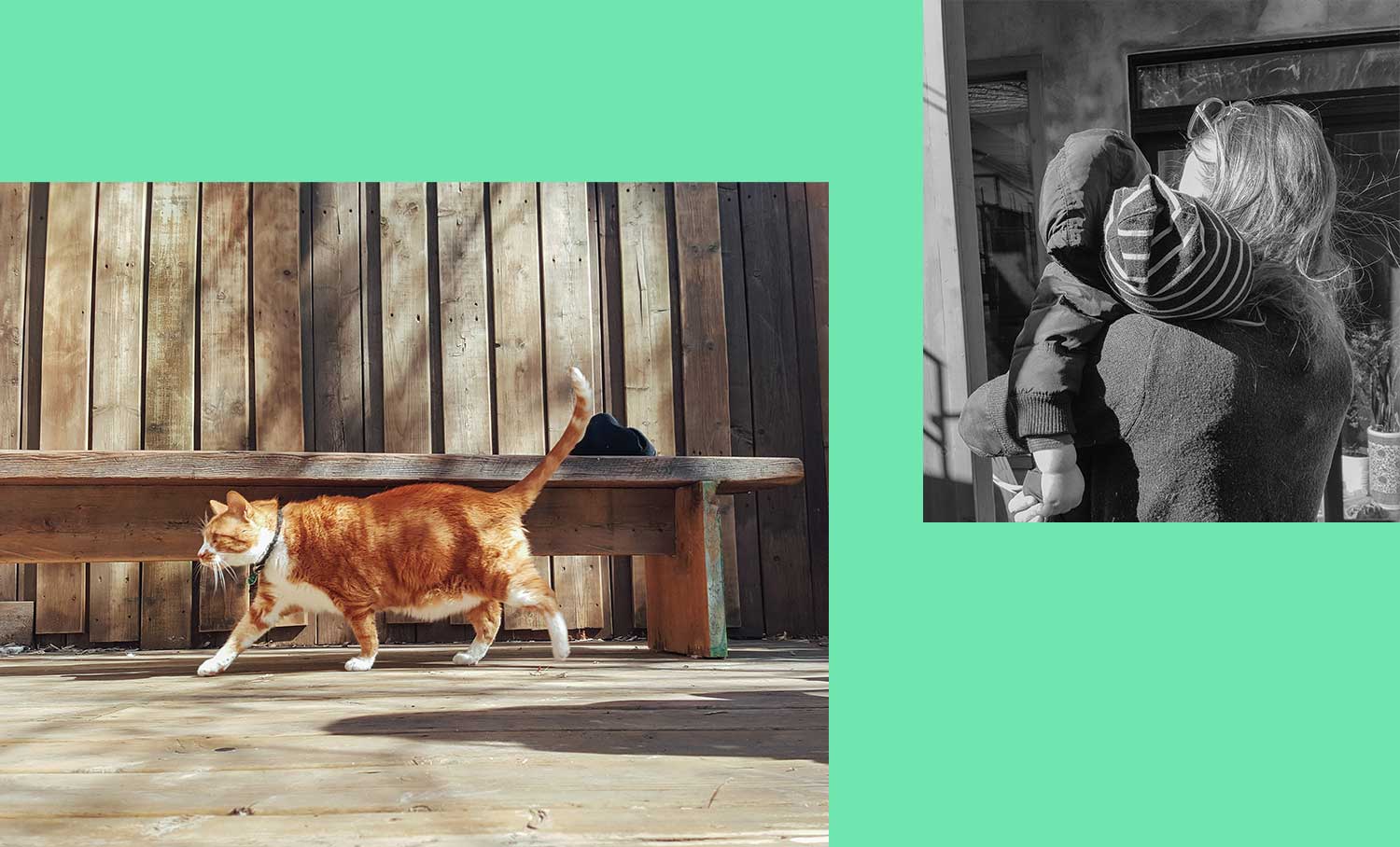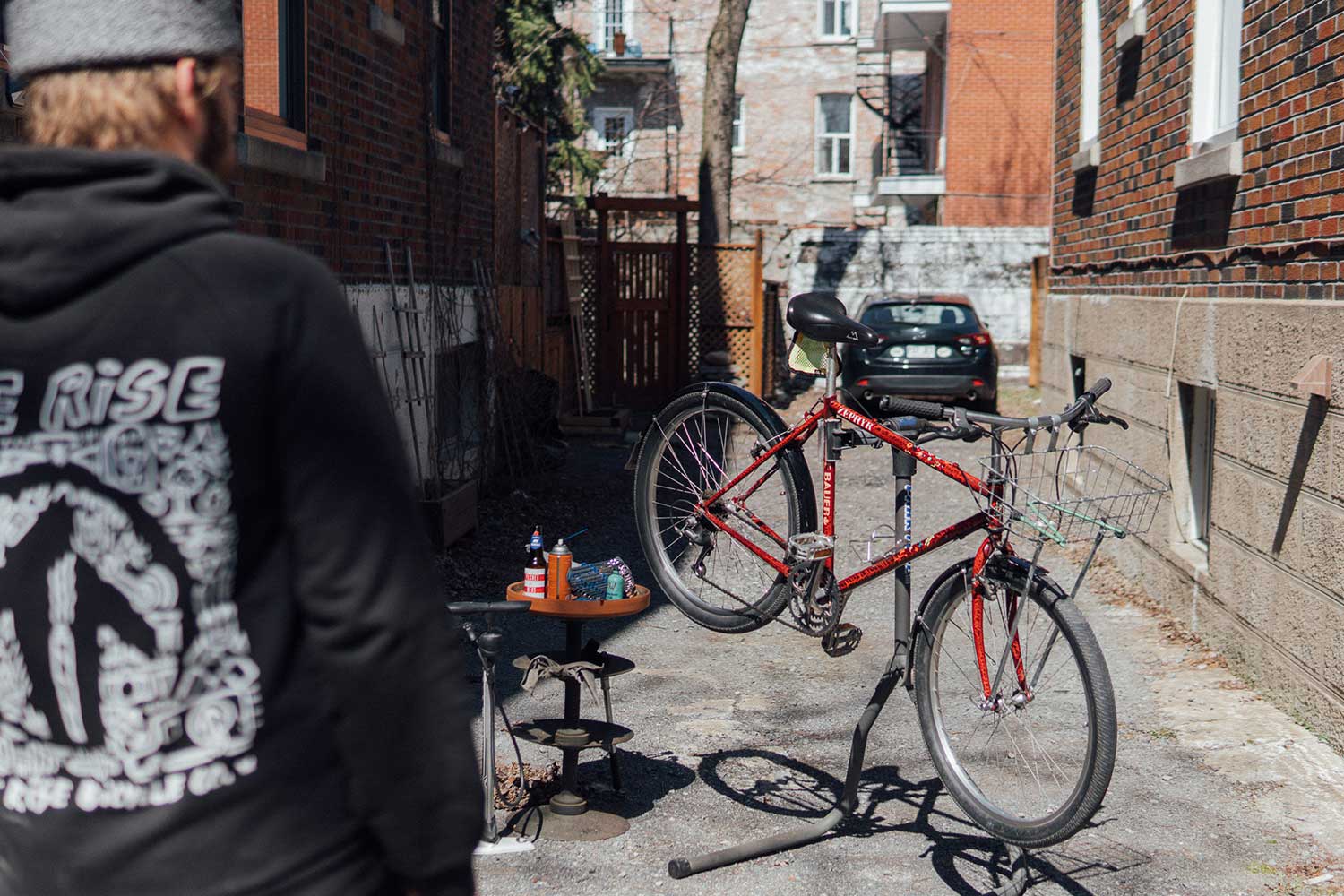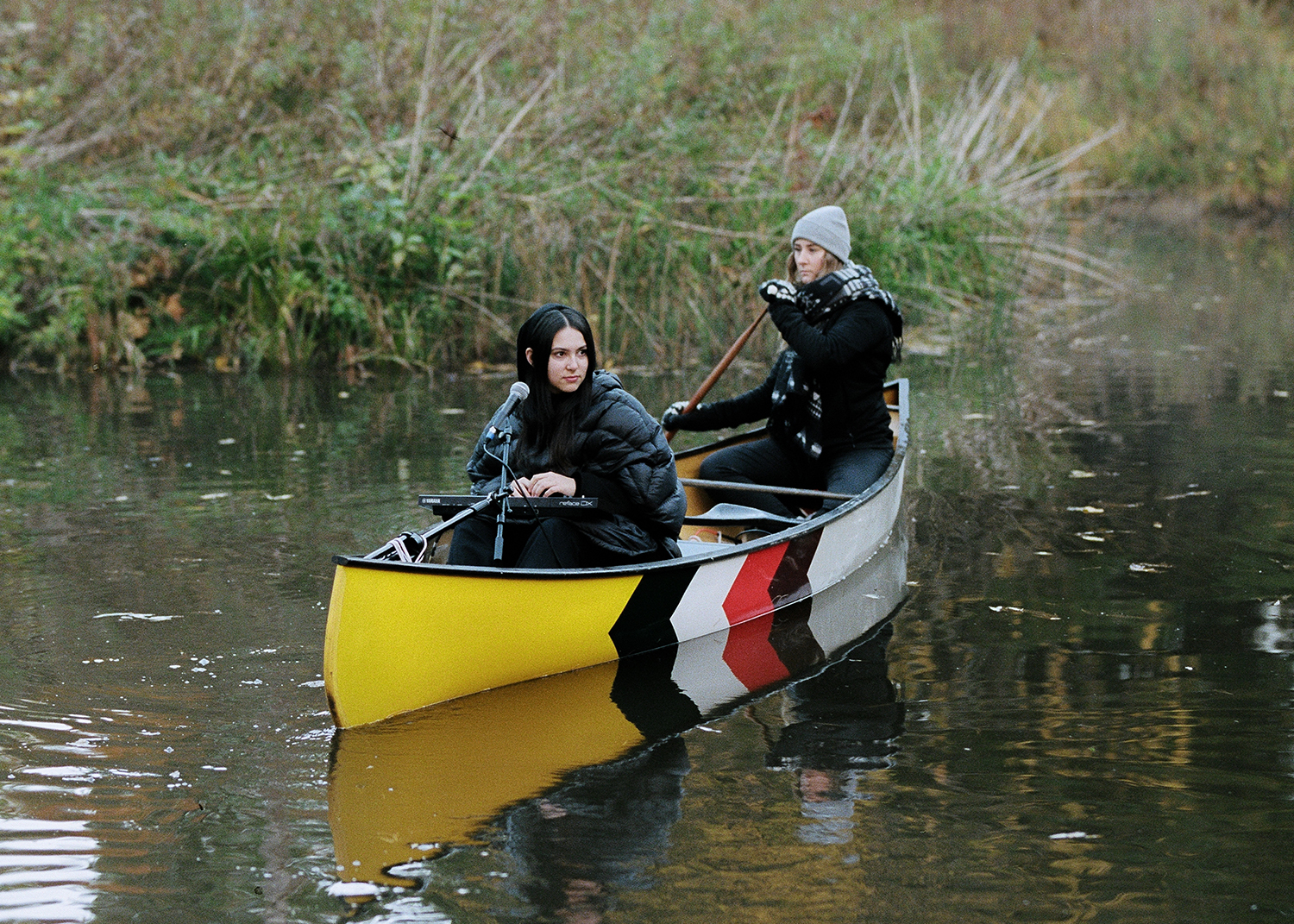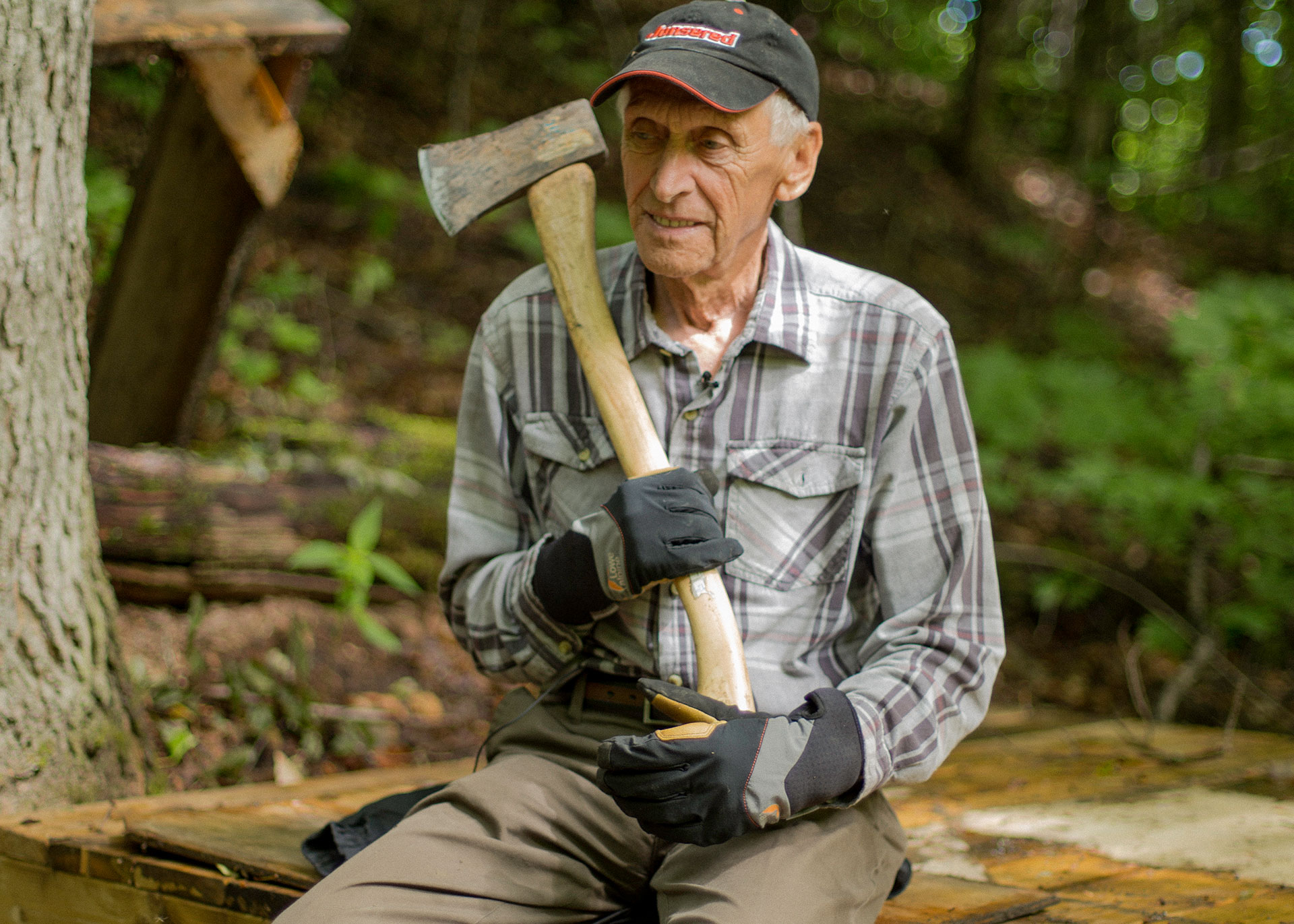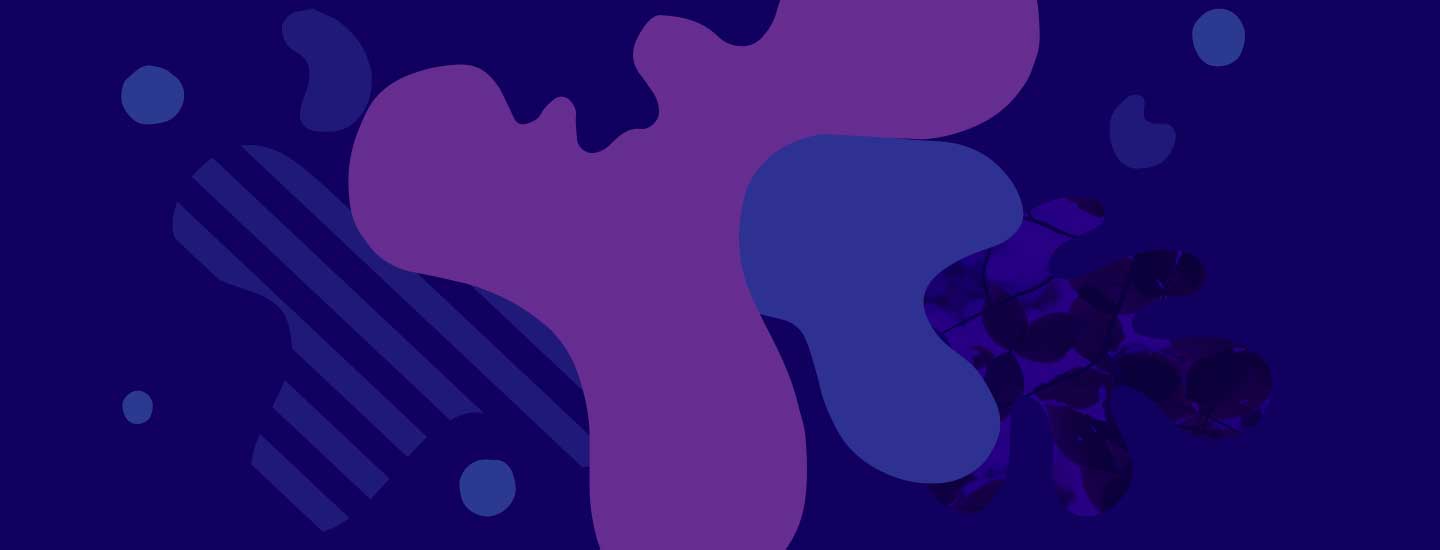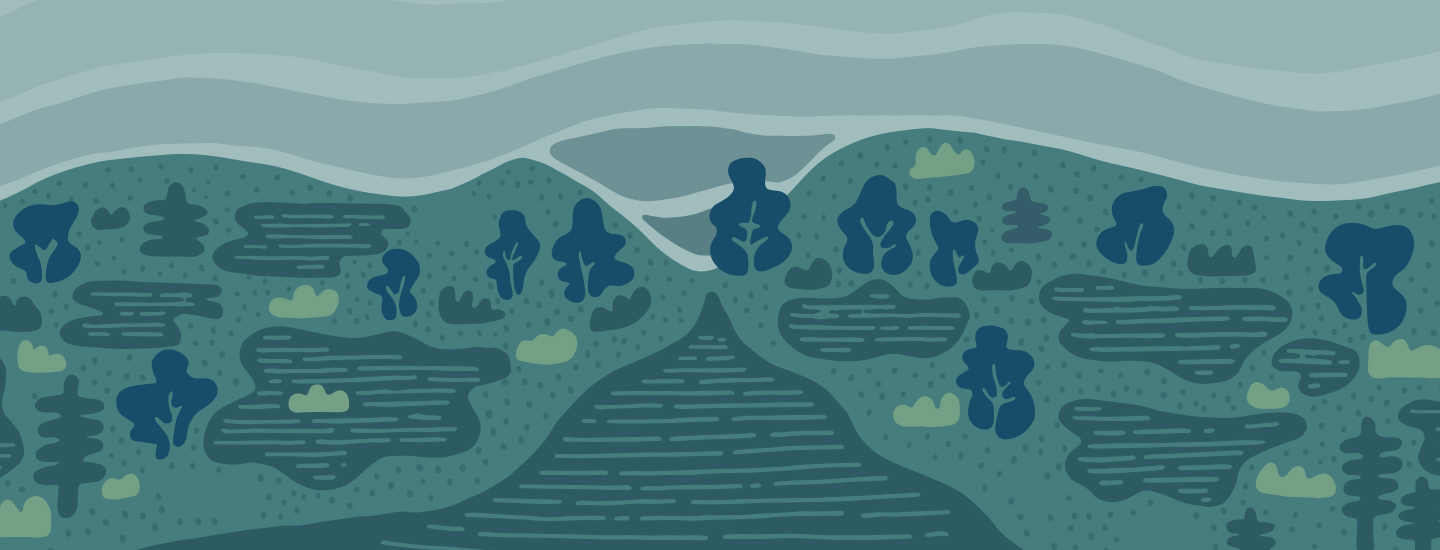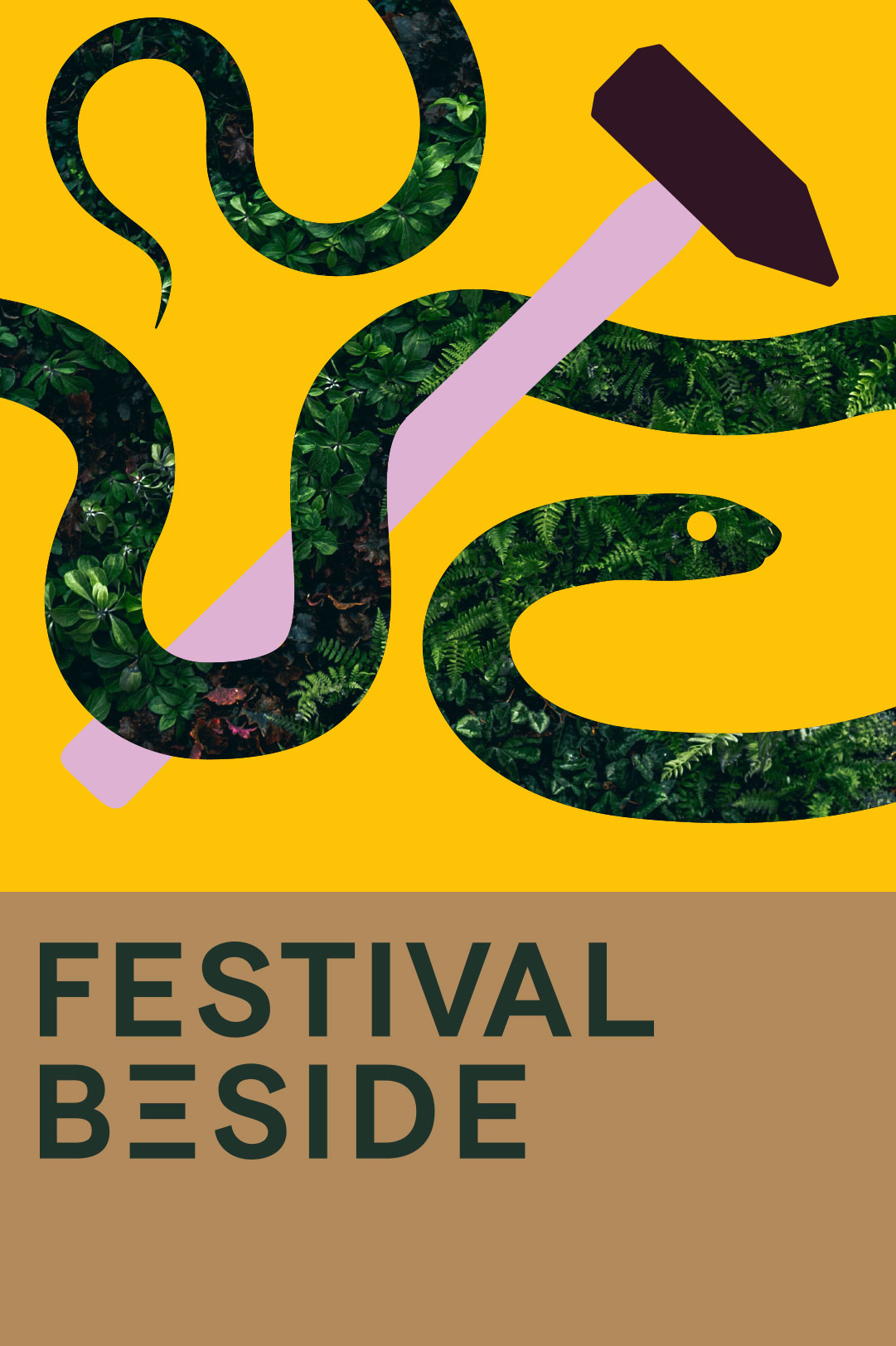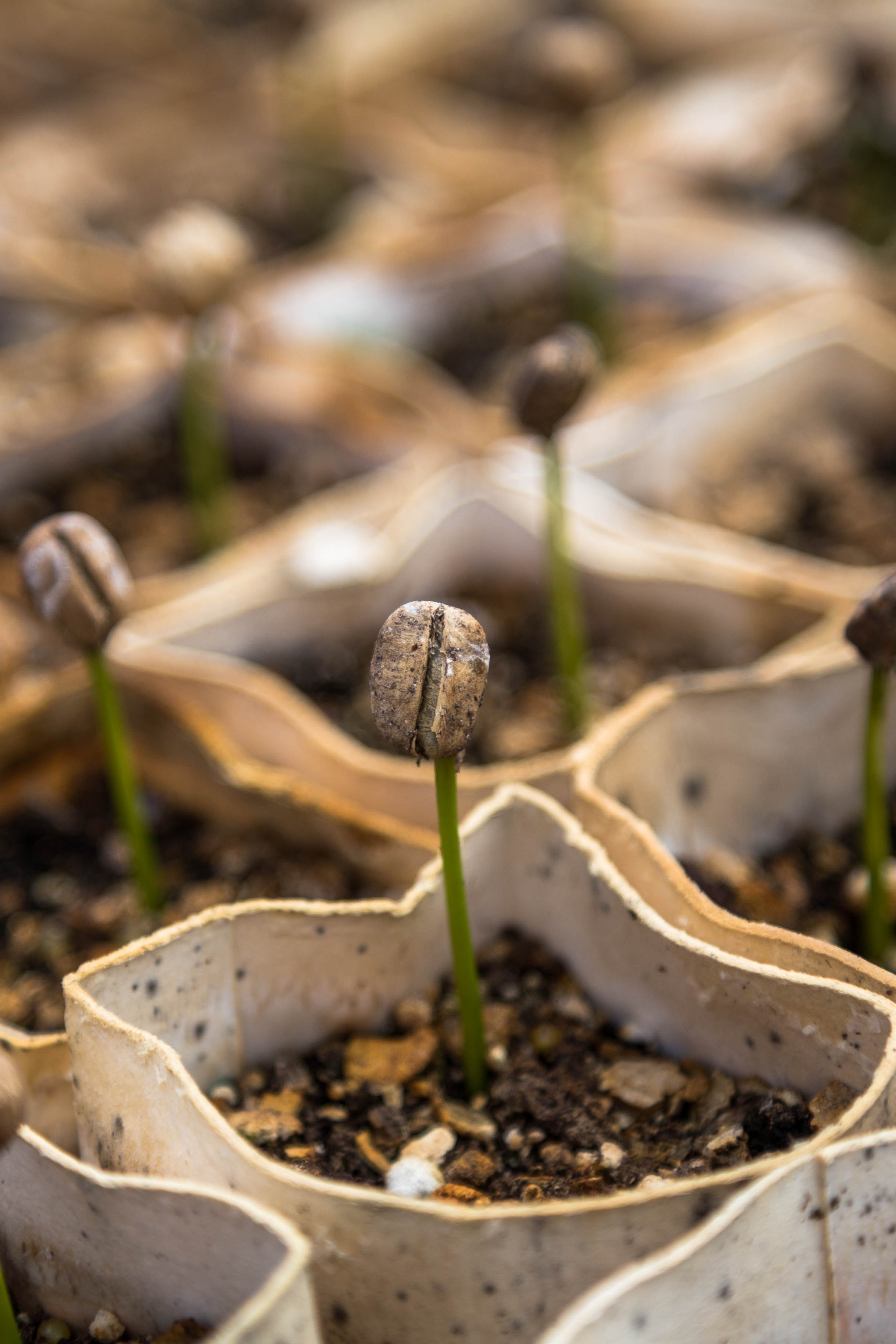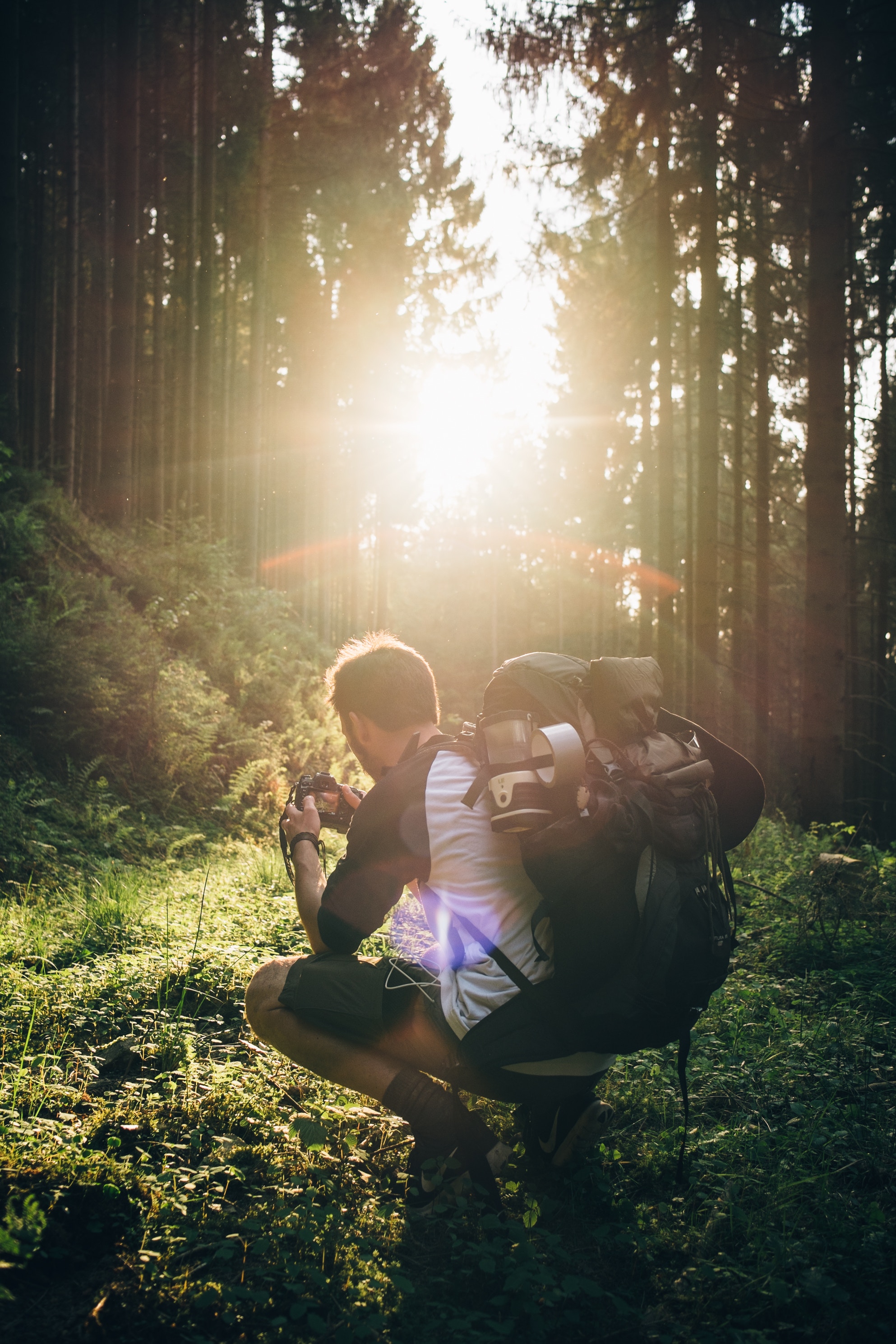New Narratives
Location Unknown
How disconnecting from technology helped me connect with myself.
The first time I remember feeling truly addicted to technology was 1997 when I kept trying to desperately feed a dog that wouldn’t stop dying.
My Tamagotchi, a digital pet whose trials and tribulations I would follow on a small purple watch, hung on the belt loop of my acid-washed jeans in class while I would pretend to be listening to my teacher’s passionate explanation of the process of photosynthesis. But inside, sheer panic. I was terrified that during the hour that I couldn’t check my device, I’d miss out on my dog’s progress or, worse, its tragic imminent death because I had fed him too many bones. But my past fixations over my Tamagotchi were nothing compared to my current compulsion to check my phone. According to my mortifying screen time data, I spend on average 5 hours and 12 minutes on my phone every single day. Just yesterday, I picked up my phone an embarrassing 221 times. For those of us who are part of the “Tamagotchi Generation,” especially those who work in media (hi!), our entire lives seem to depend on our devices. So to see just how addicted I was to technology, I went on a digital detox for almost a week.
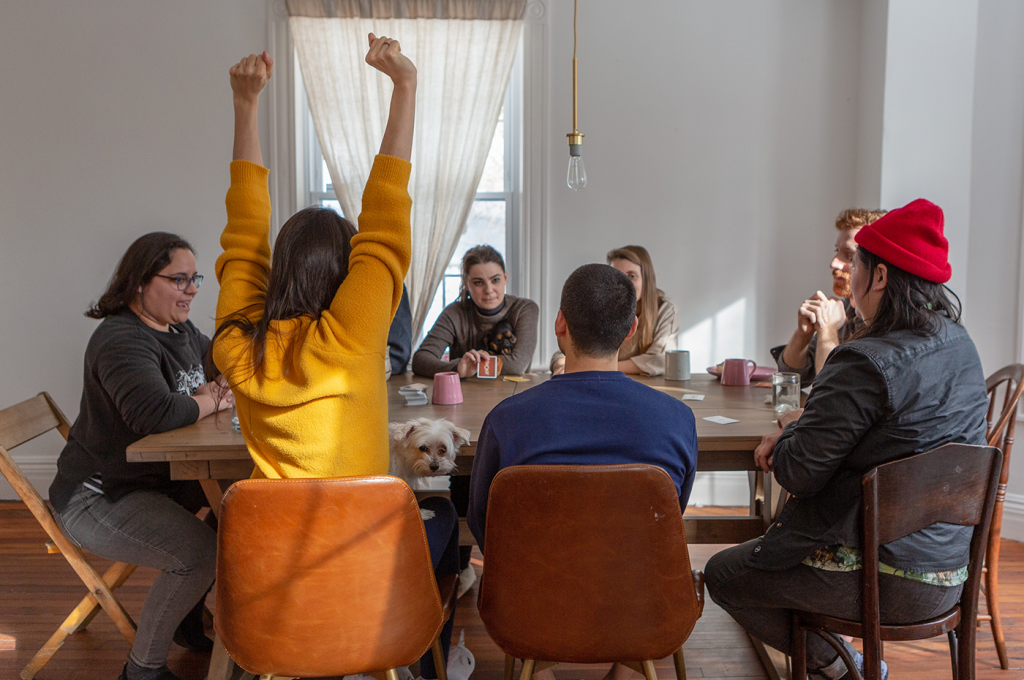
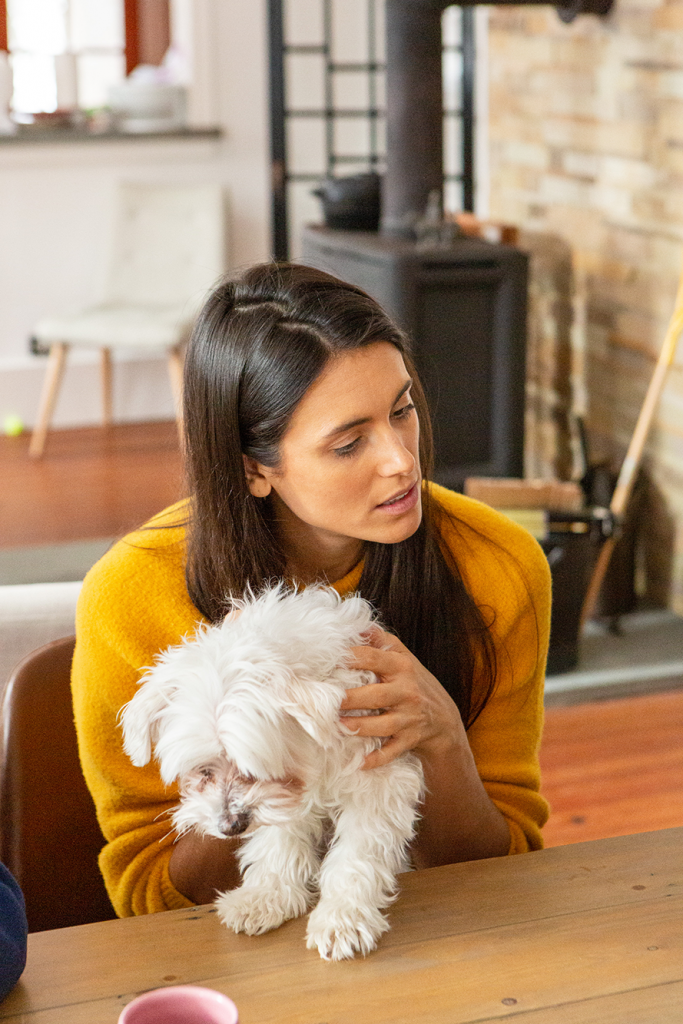
My initial plan was to approach this challenge the way I had seen others attempt juice diets: incrementally. But instead of phasing out my usage as doomsday approached, I went full junkie and overdosed until I knew I would be cut off. I Instagrammed. I texted. I tweeted. And I texted a whole lot more. Although I am usually overwhelmed by technology, suddenly I was overwhelmed by the idea of being off it. I started compulsively using technology to let people know I wouldn’t be on it. “Just going on a digital detox!” I told the coffee cart guy who smiled and perplexedly handed me my muffin. I announced my plan to my friends and family with the passion and formality of someone running for office: “I am thrilled to announce that I will not be using my phone, computer, or any other digital device, and I look forward to sharing my insights with you.” I told this mantra to a coworker who was just asking me to pass her the oat milk. It felt like I was prepping to blast off for Mars on Monday.
My therapist was worried. She prohibited me from going alone, concerned perhaps that I might self-combust? So I enlisted a few of my friends on a trip to a small town in upstate New York. The only access to “technology” was a landline. To give you a sense of the addiction level we’re dealing with, one person had to show everyone else how to turn off their phones because most of us had literally never powered them down before. Thankfully for our sanity, this secluded house was gorgeous and full of access to the great outdoors. Nestled in a sea of trees, you could hear a nearby creek rushing by at night if you were really quiet. We played games, sang songs, ate way too many chips, and had long dinners where I learned that one of my friends had been recruited to join a very famous sex cult. I got to know my friends in a whole different way and I got to know myself in a new light.
The first night of my digital detox I slept terribly. In my everyday life, my phone didn’t prevent me from sleeping, it enabled it.
Sure, the bright screen stimulating my brain 18 hours a day didn’t help, but the blinding blue light had become a blindfold for my anxieties. When you go so fast all day, stopping can often be harder than slowing down. As soon as I laid my head on my pillow at the cabin, the worries came flooding in and there was nowhere else my brain could go.
When I woke up the first morning, I woke up craving my phone. I wanted a hit. From what exactly? I’m not sure. When I knew I couldn’t look at a phone, I looked over to the pillow beside me and caressed the pillowcase. Suddenly it became clear to me: I didn’t want my phone, I just wanted company. Although I’m someone who thoroughly enjoys being single and genuinely adores waking up alone, that morning I woke up wishing there was someone next to me. When the phone disappears, the absence of a person becomes immediately, undeniably clear. An object has conveniently replaced a person in my life. In many ways, waking up to my phone had become easier than waking up to a person who needed things from me. My phone just gave. As opposed to a partner, she never asked me for anything.
—
Green Screen
This essay was featured in the inaugural title of BESIDE's new collection of journals.
Get Your Copy NowMy phone is more than a device. It’s a companion. That’s the saddest thing I’ve ever written! But it’s true. It’s a slot machine for the soul. You want relief? Here’s a funny meme. You want escape? Here’s a bunch of photos from a friend you went to high school with who just went to Bali. You want to feel seen? Look at who responded to your latest posts. My detox made me realize that we don’t talk about how much of social media is spent looking at our own stories or looking at our own sad stats. Your life being validated by others is what the entire human experience of technology is all about. Everyone just wants to be seen and to feel heard. It’s striking that we have such sophisticated technology, but most of it is used to fulfill our most basic needs.
On the third day of the detox, we all walked into the small town to go thrift shopping, but the store was closed. As my friends walked away I noticed a bag of free stuff sitting outside on the curb. As the granddaughter of Hungarian immigrants who literally stockpiled coal in a bunker located in their Canadian basement “just in case,” I couldn’t resist the urge to go through the bag. I found an old book written in 1988 called The Addictive Personality, by Craig Nakken.

Something in me just told me to grab it. The cover had this cool 1980s vintage look I thought I could show off to everyone. If I only had my phone! I probably wouldn’t even have gone through the trouble of reading it, but since I didn’t have anything else occupying my time, I started leafing through it. I was gobsmacked. The book was written over 30 years ago and yet it was incredibly prescient. “We live in a fast-paced temporary society; as a result there is a lack of emphasis on relationships,” Nakken writes. “In a society where outcomes, not processes, are important, people tend to see others as objects […] [and] relationships among some people in our society seem to have taken on a disposable quality.” If the author thought the 1980s were “fast-paced,” I couldn’t help but think how he would qualify today’s lightspeed world.

As I read a 30-year-old book warning us about the dangers of technology corroding human relationships while I was personally experiencing literal signs of withdrawal from not having access to technology, I realized that if our phones were any other object, our severe addiction to them would be the priority of an emergency government task force. Imagine if every morning you woke up and the first thing you did was pick up a bottle of beer before even bothering to get out of bed. Now imagine not being able to put that bottle of beer down, even when you head to the bathroom, while you brush your teeth. Now imagine drinking it throughout your entire subway ride to work. Now imagine needing that beer on average 221 times over the course of your day. Replace the phone with any other drug or behaviour and it would be seen as the most urgent health crisis of our time.
On the last day of my detox, the feeling of yearning for a digital connection was replaced by complete dread of it. I went from desperately wanting to check my phone to being afraid to turn it on ever again. Although I had hated it at first, I didn’t want to go back to all that. I imagined the rush of notifications coming in as I would turn my phone back on and it felt like hives. It was like going on vacation and knowing that I would inevitably have to return to a zillion unread emails, instantaneously vaporizing all the benefits of relaxation I had accrued.
As I conjured the image of throwing my phone into the creek behind our cabin and convincing my friends to start our own digital-free commune, I turned again to my new favourite Nakken book and came across a sentence that struck me so completely that I compulsively read it over and over again to myself: “Objects can’t abandon people; people abandon objects.”
Maybe the problem wasn’t the technology itself—it was my relationship to it. If I had become addicted to my phone because I knew it couldn’t leave me, maybe learning to leave it once in a while could mean I wouldn’t need to abandon it altogether.
Or maybe that’s just exactly what an addict would say.
____________
